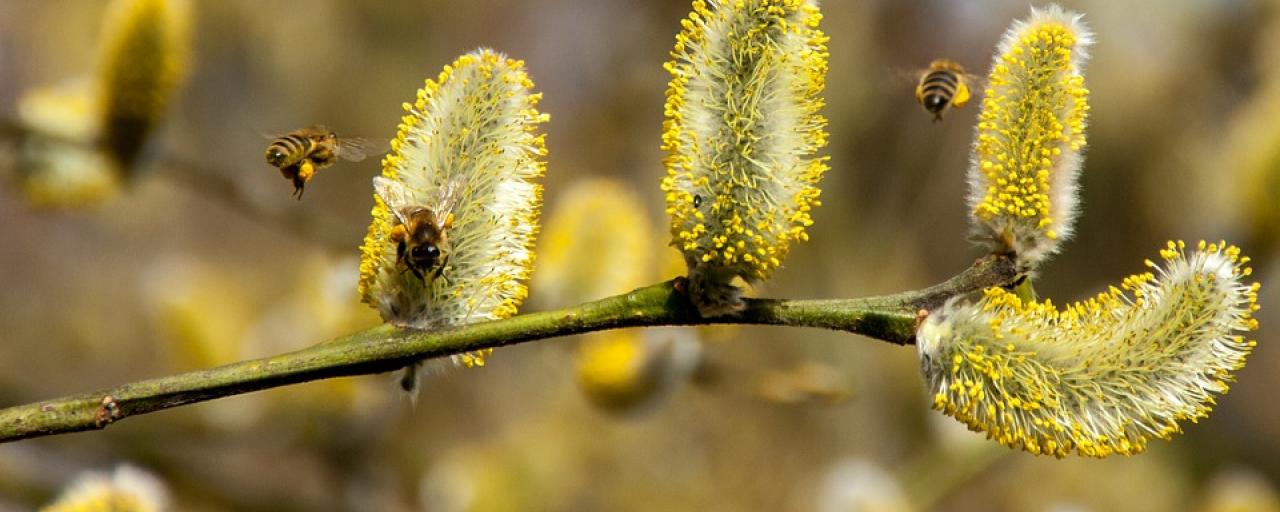Submitted by Exploring Africa on Sun, 2017-08-06
An ingenious solution to avoid the man-elephant conflict has been implemented along the Southern boundary of the Tsavo National Park, a "barrier" of hives over three kilometers long.
Over the last two years, thanks to the work of the David Sheldrick Wildlife Trust, 156 hives have been installed, which act as elephant deterrent to cross the boundaries of the park and then go to banquet with the crops of the farmers living just outside the park.
In times of drought, crops are an easy and delicious snack for the elephants, but this leads to conflicts with the population living on subsistence farming.
The hives are connected to one another by a cable, when an elephant tries to pass, hits the cable alerting the bees that annoy the big invader, forcing it to retreat and return inside the park.
The solution, besides defending the crops, is also a source of additional income for peasants who can collect and sell honey; in addition, bees contribute to the pollination of the crops, making them better.
Obviously those who benefit are also the elephants who, not leaving the park, do not come into contact with the people who did not have a peaceful relationship with these wonderful animals.
In these areas in the past there have been cases of voluntary wounds, with spears and other obstinate objects, by peasants; the possible puncture of a bee is far less damaging to an elephant.
Those who tried to ruin the plans, in good faith, were the honey badgers that initially attacked all the hives to taste the precious honey; now the beehives have been reinforced and built so that they can be unbeatable even by the greediest badgers.
Thanks bees and especially thanks to the David Sheldrick Wildlife Trust.


